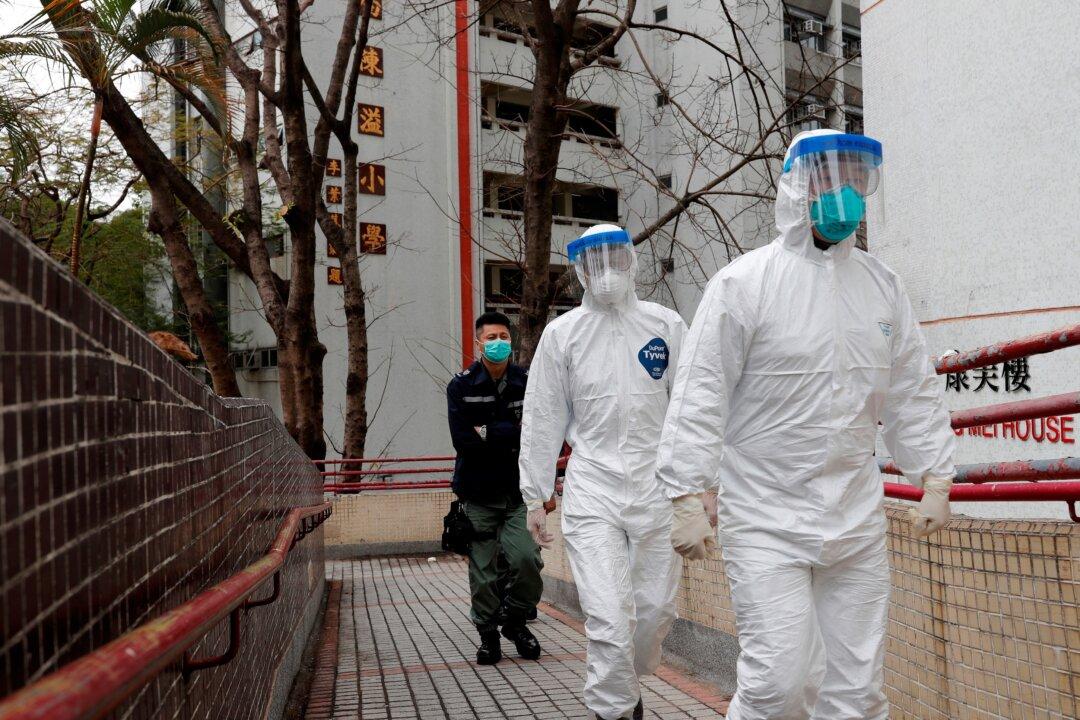The World Health Organization’s (WHO) head warned researchers that the new coronavirus poses “a very grave threat” to the world at the start of a conference meant to find solutions to the outbreak and answer questions about its origin, severity, and transmission.
While 99 percent of the cases globally are in China, there is a chance to fight the virus without it going to other parts of the world. But the outbreak does hold “a very grave threat for the rest of the world unless we use the window of opportunity that we have now,” Dr. Tedros Adhanom Ghebreyesus, the head of WHO, said in the forum’s opening address.





